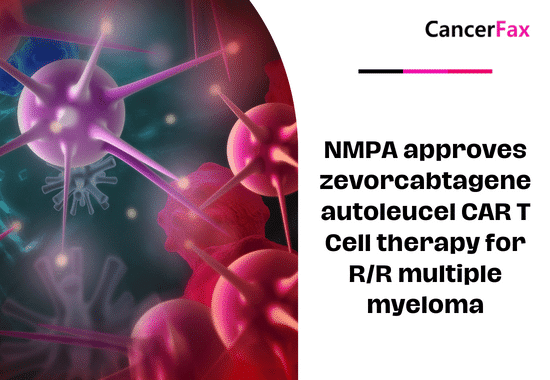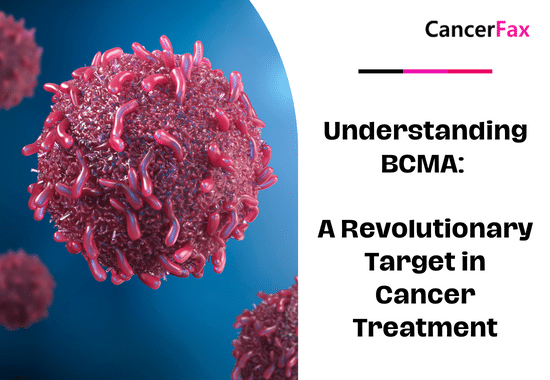Novembre 2021: The first clinical trial of South Korea’s homegrown next-generation chimeric antigen receptor T (CAR-T) cell therapy, which is designed to circumvent immune checkpoint signals, has recently gotten under way.

Le Korea Advanced Institute of Science and Technology (KAIST) a annoncé mercredi qu'un essai clinique de phase 1b de sa thérapie cellulaire CAR-T est actuellement en cours au Samsung Medical Center de Séoul. L'essai est mené auprès de 10 patients coréens atteints d'un lymphome diffus à grandes cellules B récidivant et réfractaire. Les droits de commercialisation du pipeline ont été transférés de l'université à la société Curocell, cofondée par le professeur Kim Chan-hyuk. Curocell est en charge du programme de développement clinique du révolutionnaire immunothérapie.
In addition, a Phase 2 essai clinique involving seventy participants is going to take place the following year to assess how safe and effective the investigational medication is.
The acronym CAR T, which stands for récepteur d'antigène chimérique T, is frequently referred to as a miracle cure. This is due to the fact that studies conducted in other countries on terminal blood cancer patients demonstrated that the therapy had a therapeutic effect of more than 80 percent. T cells from a patient are taken from the patient’s blood, genetically enhanced to make them more effective, and then reintroduced to the patient so that they can continue to fight and destroy cancer cells inside the patient’s body.
The research team that was led by Professor Kim of the Department of Biomedical Engineering at the KAIST confirmed an improved anticancer efficacy of CAR-T cells in mice with leukaemia and lymphoma. This was achieved by simultaneously inhibiting programmed cell death protein 1 (PD-1) and T-cell immunoglobulin and ITIM domain (TIGIT), both of which are known to disturb the function of T cells. According to Professor Lee Young-ho, a post-doctoral researcher at KAIST and the first author of the animal model study, this dual blockade of PD-1 and TIGIT is a novel strategy to overcome the immunosuppression of existing CAR-T cells. This strategy was discovered by Prof. Lee Young-ho.
Vous aimerez peut-être lire: Thérapie CAR T-Cell en Corée
Les résultats de l'étude ont été présentés dans un article publié en ligne dans le numéro d'octobre de Molecular Therapy.

